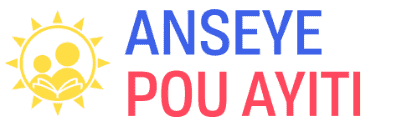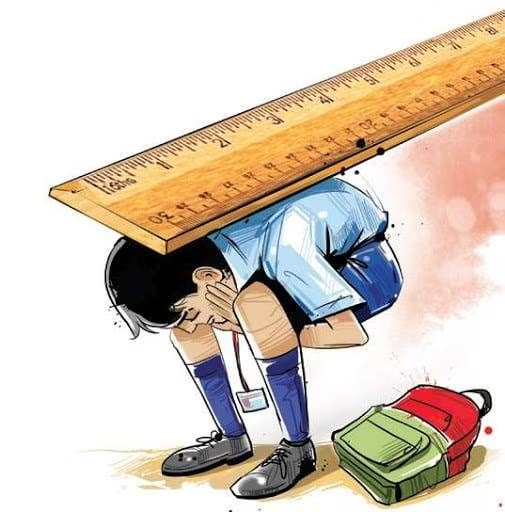It originates from the era of conquests with the saying, "la raison du plus fort est toujours la meilleure" ("the reasoning of the strongest is always the best"), passes through the brutal repression of slavery regimes, and extends into our schools and families under the guise of domestic servitude including what we call restavèk (child domestic labor). It is as if the chains have been removed from our hands and feet, only to be placed in our minds.
If we take a look at our educational system in Haiti, it is clear that the same practices persist. In schools, children are expected to learn through physical punishments. Within families, the same approach is taken. Many believe that physical punishment is necessary to discipline children.
This leads us directly to the forced labor and slavery that existed in Hispaniola. The indigenous people were dying in the thousands because they were not accustomed to such brutality, which later gave rise to the transatlantic slave trade. To repeat the saying, "children never learn from someone they do not love" – the level of violence in our society is excessive and must stop. We need to rethink how we approach education and discipline. Schools and families, which should be social institutions that nurture and protect children, have instead become places where mistreatment, humiliation, and violence in all forms prevail.
There are key elements that schools must consider in relation to their social mission. This includes their role in guiding and supporting children to become responsible, competent citizens who are ready to contribute to a better future.
From the days of the slave trade, through the struggles of 1789 to the achievement of freedom in 1804, we must ask ourselves why we still see no significant change today. It is evident that, with the scars left by violence, we cannot continue reproducing the same unjust acts.
Let us not forget the Universal Declaration of Human Rights, which states that we are all equal regardless of race, skin color, or language. We must recognize that corporal punishment severely harms children, often leading them to drop out of school, suffer trauma, develop inferiority complexes, become withdrawn, egotistical, aggressive, or even delinquent. And the reasons why are understandable. Having grown up in an environment of constant violence, they experience aggression in every aspect of life. They are not raised in an environment where dialogue and communication are used to resolve problems. Instead, destruction and corporal punishment are the first responses. Consequently, we should not be surprised when they replicate the same behaviors as adults.
This is why it is important to assess where this practice has led us. The consequences are evident in the state of our country.
I understand that change is not easy, but it is not impossible. If we come together to combat the violence that prevails everywhere, we can make a difference. By examining the laws on violence, participating in community forums and movements aimed at eradicating corporal punishment and violence against people, and supporting initiatives like Anseye Pou Ayiti, we can see that there are many other methods and strategies we could implement.
These approaches would allow future generations of Haitian children to live better lives, in peace, while receiving a quality education based on social equality and equity. They would feel safe in their learning environments, be better prepared to make good decisions, and take responsibility as engaged citizens working toward a brighter future.
Let us stop, stop, stop punishing children—educate them instead, so hope can flourish for a new Haiti.
Joachim Jackson, APA Alumni Ambassador
Image Source: https://schoolvisor.org/news/a-bill-banning-corporal-punishment-in-ict-passed-in-parliament/

